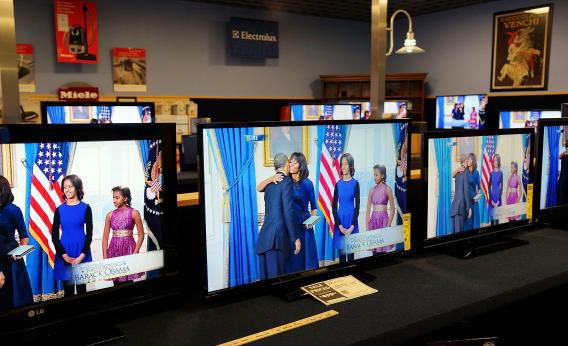Matthew Martin critiques my view of cable bundling and presents a stylized model in which a regulatory ban on all bundling would increase consumer welfare.
I have some doubts about his analysis, but a good starting point would be that if the policy goal is to enact regulation that would transfer economic surplus from the owners of cable networks to television watchers, we could do something much simpler — mandate lower prices! After all, why would you have the government fussing over cable companies’ pricing strategy at all? The reason is that it’s an uncompetitive market with huge fixed costs and barriers to entry. Consequently, the prices charged soar far above marginal costs thanks to monopoly pricing power. So in principle there can be welfare-enhancing price regulation.
If you’re going to go down that road, you may as well just go down the damn road. Order companies to cut prices, then when they complain about reduced profits and lower returns on investment, tell them you don’t care — you’re trying to reduce profits. I’d say a better approach to either of these ideas is to try to enact pro-competition regulations that address the root causes of America’s poor wireline telecommunications infrastructure. But if we’re going to follow the regulated monopoly approach, just grab the bull by the horns and cut prices rather than fussing about the bundling.
